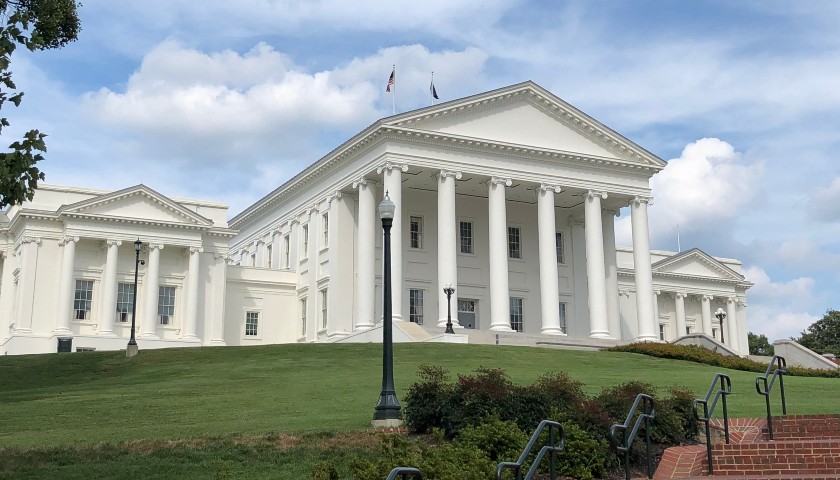The Virginia Freedom of Information Advisory Council on Wednesday backed legislation that revises state laws on electronic meetings and gives members of public bodies more freedom to participate virtually instead of in-person.
The council recommended approval of the changes to the Virginia General Assembly, where the final decision will happen, by a 10-2 vote.
Specifically, there were two changes within the proposal. The first change adds language for members of public bodies to attend meetings electronically if they have a family member whose medical condition requires that member to provide care and therefore preventing in-person attendance.
The second change deals with the number of times a member can attend meetings virtually because of personal reasons, which has to be specified to the body. Under current Virginia Law, members can only cite personal reasons for participating electronically two times, but the revision allows for 25 percent of meetings during a calendar year.
The bill would still require a body to have a quorum of members that are physically present. The cap on virtual meetings only applies to members who are not participating for personal reasons and does not count toward when taking care of a family member with a medical condition.
Proponents of the changes argue that it allows for increased flexibility for members, and especially helps single parents or primary caretakers of children or sick relatives.
Delegate Mark Levine (D-Arlington) initially introduced these changes in legislation during the 2020 regular session. The bill passed the House of Delegates, but was eventually sent to the council for further study.
“The medical part [of the bill], has to do more with real struggles that some local officials have had,” Levine said during the meeting. “The vice mayor of Alexandria had to take care of her mother who was very ill in Florida and a county board member in Arlington actually had a premature child that obviously required her attention.”
Levine also brought up that because public bodies hold vastly different amounts of meetings throughout the year, the two-meeting cap would be difficult for members of bodies that meet much more frequently compared to others.
Councilmember Cullen Seltzer, one of those proponents, said the overall consensus from a past subcommittee meeting was that allowing for members to participate in more meetings electronically will make public service more accessible to citizens that have a desire to participate.
The majority of the public comments made during consideration of the proposal, many from other elected officials in the Commonwealth, supported the changes.
Opponents believe that expanding electronic meetings will hurt accountability and transparency as well as face-to-face interactions between citizens and members.
“I think we are again going down a dangerous path by expanding the second part of this – the percentage of meetings – because it doesn’t promote transparency and makes it more difficult when folks are participating remotely for the public to have access to those people,” Councilmember Bruce Potter said.
Councilmember William Colburn also voiced objections to the changes.
Colburn and Potter were the only councilmembers that voted against recommending approval. Senator Richard Stuart (R-King George) and Councilmember Lee Bujakowski were not present when voting was taking place.
Two outside groups that expressed concerns were the Virginia Coalition for Open Government (VCOG) and the Virginia Press Association (VPA).
Megan Rhyne, executive director of VCOG, said she had been persuaded that more flexibility is needed yet was not willing to fully endorse the changes.
“I agree that 21st century technology should be used and it should be used to make sure that more and more of the public are able to witness the operations of government by being able to see what’s going on,” Rhyne said. “It is not to be used necessarily for the benefit of elected officials to make their difficult jobs more convenient.”
Mark Hickman, a VPA lobbyist, said the group had no objection to the part about assisting a family member with medical conditions, but did not think the two-meeting limit should be adjusted, instead recommending to look at that change in another study.
With the revisions now approved to the General Assembly, state legislators will need to give final approval when the 2021 regular session begins on January 13.
– – –
Jacob Taylor is a reporter at The Virginia Star and the Star News Digital Network. Follow Jacob on Twitter. Email tips to [email protected].
Photo “Virginia Capitol” by Mike Fonseca CC2.0





